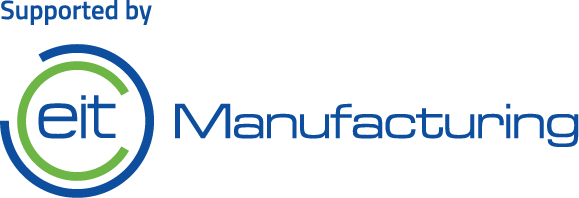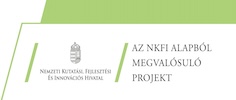The EcoAction project at a glance
EcoAction intends to leverage institutions’ entrepreneurial and innovation knowledge models through a geographically and economically varied alliance of five cooperating universities and two leading technology transfer companies. The project, based on a methodical and structured collection of practice-proven concepts, will strengthen entrepreneurial competencies of participating universities and energise hundreds of companies through their direct cross and interconnection in the partnership’s catchment area. Together, the interconnecting strategic objectives – improving institutional excellence, efficiently facilitating companies and start-ups, and extending impact to the region – will leverage the influence beyond the local ecosystem.
By putting to practice the different expertise and experiences of higher education institution (HEI) partners, EcoAction multiplies the set of tools available for effective industry cooperation in each HEI (EcoFit platform). The involvement of research transfer offices and associated partners provides strong hands-on experience of industry involvement, ensuring the ability of EcoAction to plan and execute small and medium-sized enterprise (SME) outreach and dialogue with best results. By setting the cooperation in the explicit context of innovation and engagement of entrepreneurial spirit (Idea Exchange Forum), the Innovation Vision Action Plan (IVAP) brings into action the potential of the knowledge triangle inherent in the consortium design.
The EcoAction training programme extends learning to students through entrepreneurial learning nuggets, ideation and pitching events, and improvement of student-industry cooperation through best practice sharing. The research and development capabilities of the partners delivered to benefit SMEs and industry innovation cooperation are brought to bear on education and research. All partners are engaged in all work packages of the IVAP to provide the best possible basis for transformational learning.
With the ultimate goal of strengthening HEIs’ integration and contribution to innovation ecosystems, the project will foster a more considered approach to aid the region’s success. By encouraging an entrepreneurial culture and mindset, people will be inspired to transform and catalyse their knowledge and expertise into tangible, societal value – in line with EIT HEI Initiative vision.
Finally, the project will greatly benefit the EIT community, which involves policymakers, incubators and representatives from the broader business environment.



